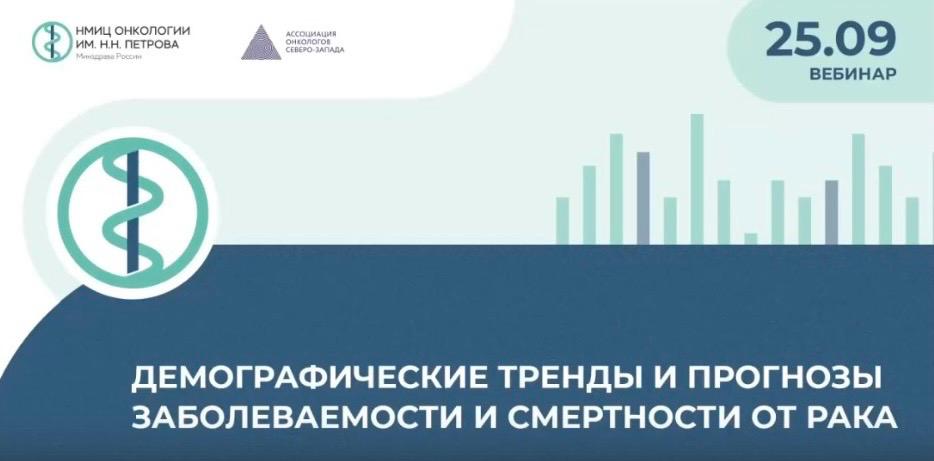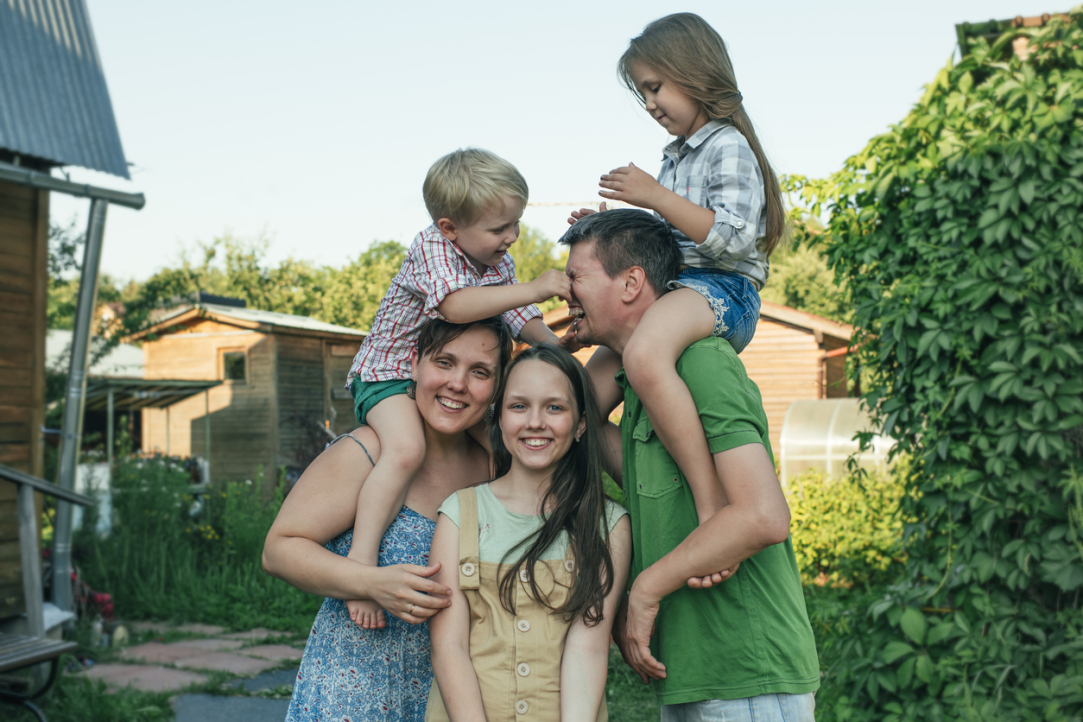About the Laboratory
International Laboratory for Population and Health develops new methods for modelling and decomposing differences and changes of major health indexes in human populations. We conduct studies for unrevealing the Russian mortality enigma. We address components and factors of excess mortality at working ages and among the elderly. We are interested in health and quality of life in aging populations and in the impact of socioeconomic inequalities on people’s survival and health.

Demographic trends and projections of morbidity and mortality from cancer
On 25 September 2025, the National Medical Research Center of Oncology named after N.N. Petrov of the Ministry of Health of the Russian Federation held a webinar on "Demographic trends and projections of morbidity and mortality from cancer".
The Place of the Hypothetical Generation in Modern Demography
On October 2, 2025, the International Laboratory for Population and Health held a seminar on "The Place of the Hypothetical Generation in Modern Demography."
Evgeny Andreev, head of the laboratory, presented a lecture on the history, advantages, and challenges of calculating demographic indicators using hypothetical generations.

Researchers from the HSE International Laboratory for Population and Health presented their research results at the International Population Conference IPC2025 in Brisbane, Australia
From 13 to 18 July, the XXX International Population Conference (IPC2025) was held in Brisbane, Australia, organised by the International Union for the Study of Population (IUSSP) in conjunction with the Australian National University. The conference is held every four years and is considered one of the key events in global demographic science.
Who Counts as a Migrant? The Impact of Definitions on Mortality Estimates in Belgium
On June 24, 2025, the International Laboratory for Population and Health held a seminar titled: “Who Counts as a Migrant? Comparing Definitions and Their Impact on Mortality Estimates in Belgium.”
Spatial Differences in Mortality of the Elderly Population in Russia
On June 4, 2025, the International Laboratory for Population and Health held a seminar on "Spatial Differences in Mortality of the Elderly Population in Russia." The presentation was delivered by Bulat Shamsutdinov, a research assistant at the laboratory, who shared the findings of his dissertation research.
Reproductive behavior of Russian women with different levels of education
On May 28, 2025, a seminar titled "Reproductive behavior of Russian women with different levels of education" explored variations in the reproductive behavior of birth cohorts of Russian women.
Air temperature and population health in Russian cities: results of the first national study, 2000–2019
On May 15, the International Laboratory for Population and Health, in collaboration with the International Laboratory of Landscape Ecology, held a seminar on “Air temperature and population health in Russian cities: results of the first national study, 2000–2019.”The seminar featured presentations by Sergey Timonin, a research fellow at the Australian National University, and Natalia Shartova, a postdoctoral researcher at the Barcelona Institute for Global Health.
Presentations by Laboratory Staff at the XXV Yasin (April) International Academic Conference
Researchers from the International Laboratory for Population and Health at the National Research University Higher School of Economics (HSE University) delivered presentations at the XXV Yasin (April) International Academic Conference on Economic and Social Development, held on April 15–18, 2025.

More Children, More Happiness: HSE Experts Study Impact of Number of Children on Russians' Assessment of Happiness
Russians with children feel happier than those without children. At the same time, the number of children influences the assessment of happiness: the more children Russians have, the happier they feel. These conclusions were outlined inthe report ‘More Children, More Happiness: The Impact of the Number of Children on Russians’ Assessment of Happiness,’ presented at the XXV Yasin (April) International Academic Conference on Economic and Social Development, held on April 15–18 at HSE University. The study was conducted by Elena Churilova, Senior Research Fellow, and Dmitry Jdanov, Chief Research Fellowat HSE International Laboratory for Population and Health.
The impact of changes in alcohol consumption on mortality in Russia
Russia is a country with a high consumption of strong alcohol by the population. At the seminar "The impact of changes in alcohol consumption on mortality in Russia" held on February 18, 2025, participants discussed the number of years of life that the average Russian person loses due to alcohol consumption, as well as the causes of death related to alcohol and the proportion of deaths caused by alcohol consumption.



